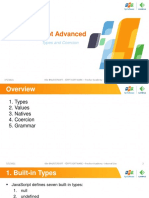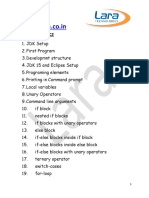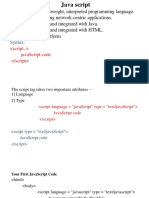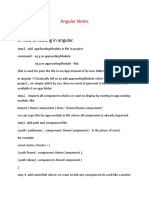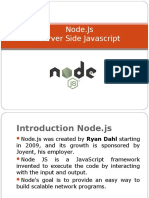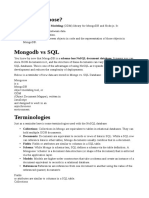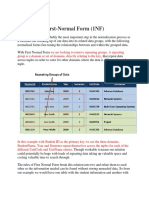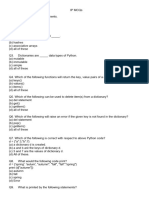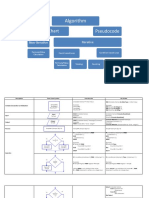0% found this document useful (0 votes)
439 views6 pagesNode Cheatsheet PDF
This document provides a summary of useful Node.js and Express methods for a CSE 154 class. It includes sections on project structure, npm commands, core modules, other useful modules, Express route functions, request object properties, and response object properties. The goal is to give students a quick reference for the most common functions and properties used in the class.
Uploaded by
ShahrukhAkibCopyright
© © All Rights Reserved
We take content rights seriously. If you suspect this is your content, claim it here.
Available Formats
Download as PDF, TXT or read online on Scribd
0% found this document useful (0 votes)
439 views6 pagesNode Cheatsheet PDF
This document provides a summary of useful Node.js and Express methods for a CSE 154 class. It includes sections on project structure, npm commands, core modules, other useful modules, Express route functions, request object properties, and response object properties. The goal is to give students a quick reference for the most common functions and properties used in the class.
Uploaded by
ShahrukhAkibCopyright
© © All Rights Reserved
We take content rights seriously. If you suspect this is your content, claim it here.
Available Formats
Download as PDF, TXT or read online on Scribd
/ 6



